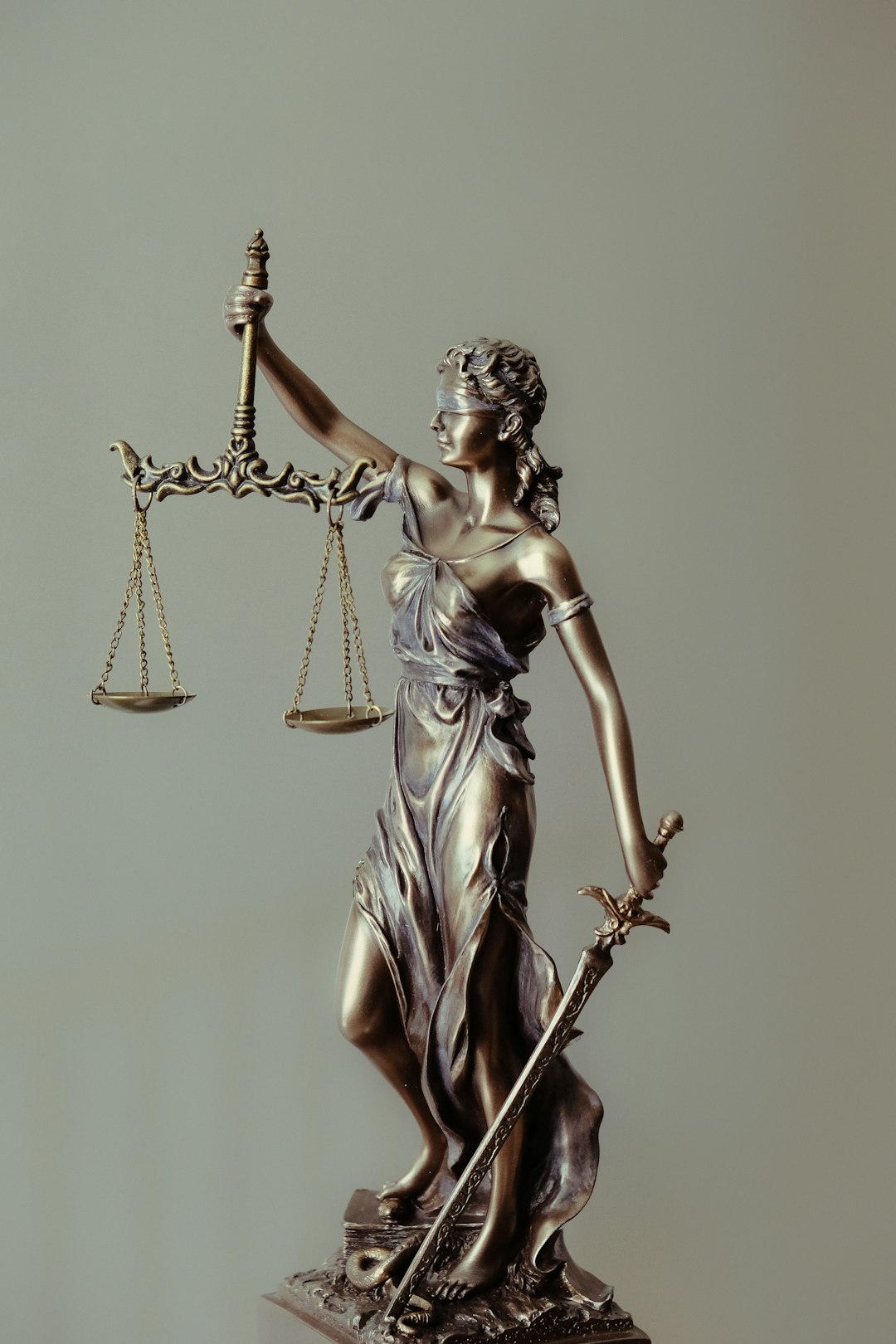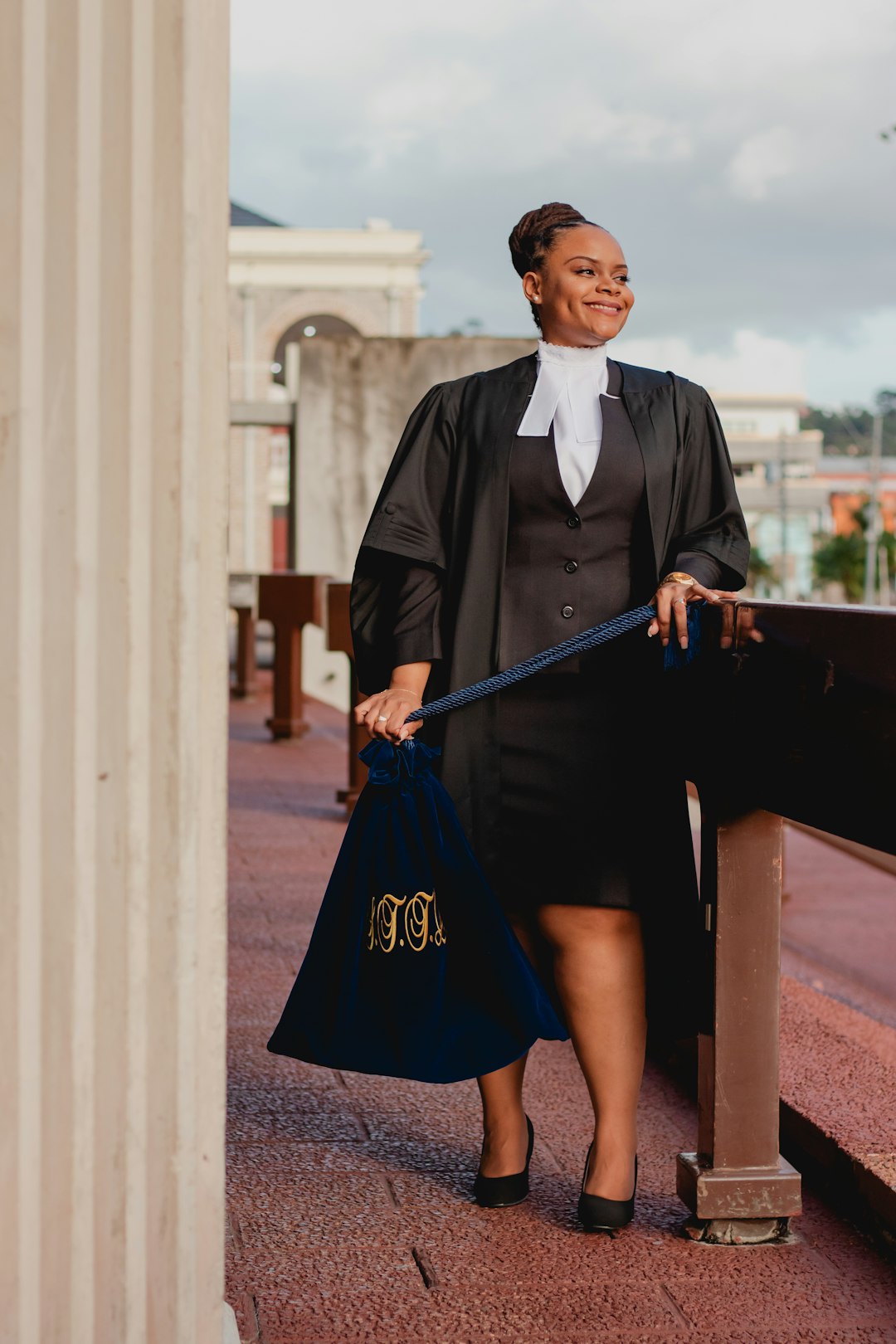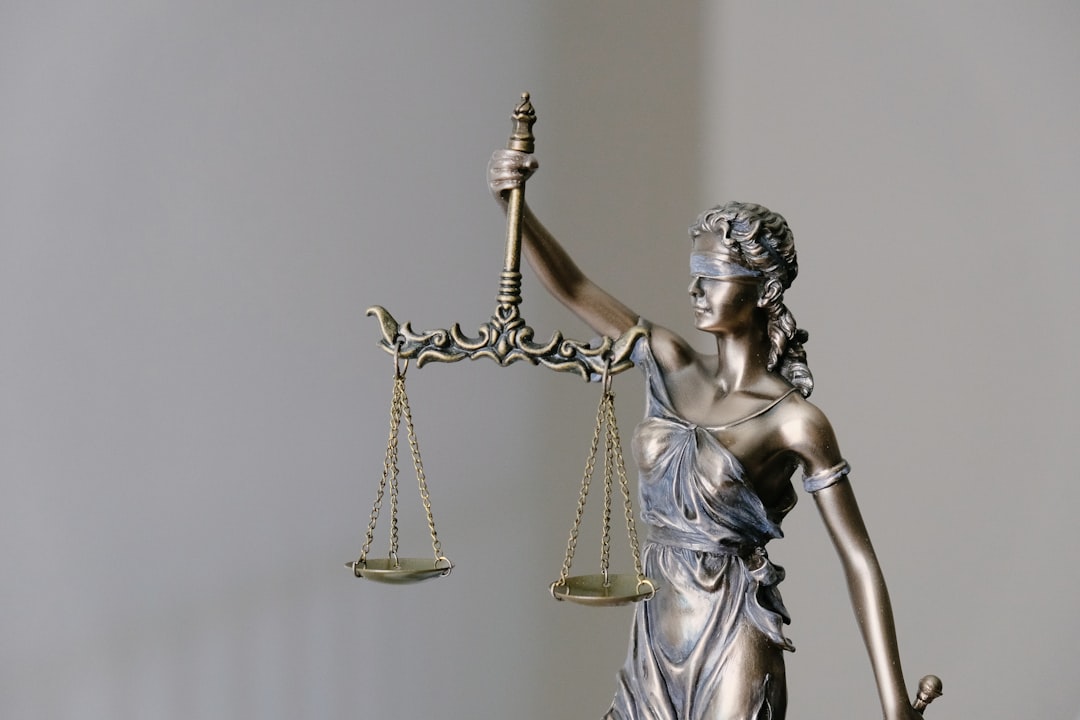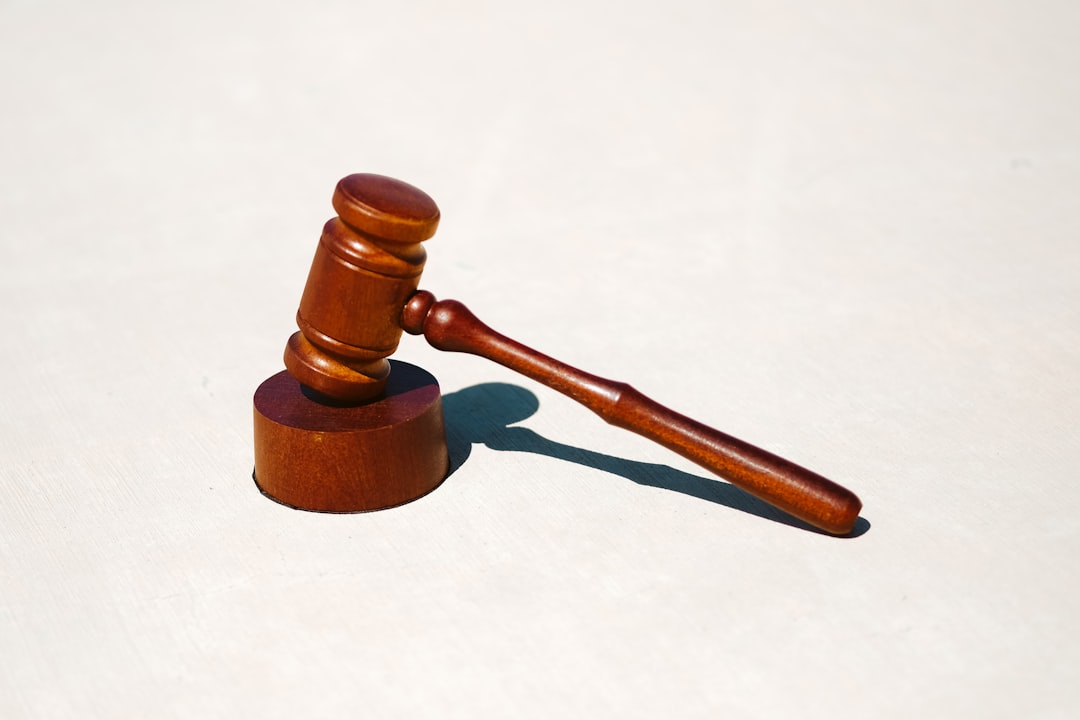Sexual abuse attorneys in New Jersey rely on expert witnesses to navigate complex trials. Qualified specialists offer objective analysis, simplify medical and psychological complexities, and provide key insights shaping case outcomes. Effective testimony involves clear communication, strategic preparation, and corroborating victim accounts. Selective experts with deep legal-medical knowledge and unbiased opinions enhance case integrity and increase favorable results, as supported by a 2018 study.
Sexual abuse is a profound and lasting trauma, with far-reaching legal implications. In New Jersey, sexual abuse attorneys play a pivotal role in advocating for survivors, ensuring justice, and holding perpetrators accountable. Expert witnesses are integral to these trials, providing specialized knowledge that can significantly impact outcomes. However, the selection and management of such experts pose challenges. This article delves into the intricacies of utilizing expert witnesses in New Jersey sexual abuse trials, offering practical insights for attorneys to navigate this complex landscape and deliver the best possible representation for their clients.
Understanding Expert Witness Roles in Sexual Abuse Cases New Jersey

In New Jersey, expert witnesses play a pivotal role in sexual abuse trials, offering crucial insights that can significantly impact case outcomes. These specialists, often comprising medical professionals, psychologists, and forensic experts, are retained by both prosecution and defense teams to provide objective analysis and expert opinions. Their testimony not only helps judges and juries comprehend complex medical or psychological issues but also ensures the integrity of the legal process in these sensitive cases. For instance, a qualified sexual abuse attorney in New Jersey might collaborate with a forensic psychiatrist who can testify about the common behaviors and patterns exhibited by victims of sexual assault, thereby aiding the court in understanding the victim’s conduct in light of their traumatic experience.
The roles of expert witnesses are multifaceted. They examine evidence, review medical records, conduct interviews, and offer professional opinions on various aspects of sexual abuse cases. For example, a forensic nurse examiner can provide detailed testimony regarding physical findings, injury patterns, or the absence thereof, which may corroborate or challenge the victim’s account. Additionally, psychological experts can assess the victim’s mental health, evaluate post-traumatic stress disorder (PTSD) symptoms, and offer insights into the long-term effects of sexual abuse, helping sexual abuse attorneys in New Jersey build compelling cases.
However, the effectiveness of expert witnesses hinges on several factors. Sexual abuse attorneys must ensure that experts are qualified, objective, and possess expertise relevant to the case. Expert opinions should be well-supported by research and data, free from biases, and tailored to the specific legal questions at hand. Furthermore, attorneys should be prepared to challenge or counter expert testimonies presented by the opposing side, scrutinizing their methodologies, qualifications, and conclusions. By understanding the nuances of expert witness roles and leveraging their expertise effectively, sexual abuse attorneys in New Jersey can navigate complex trials, advocate for victims, and strive for just outcomes.
Qualifications & Selection: Choosing Right Experts for Trials New Jersey

Selecting qualified expert witnesses is a critical aspect of sexual abuse trials in New Jersey, where the outcome often hinges on intricate legal and medical considerations. These experts play a pivotal role in providing objective analysis, explaining complex issues to juries, and offering crucial insights that can shape the case’s trajectory. The right expert witness—whether a medical professional, psychologist, or specialized lawyer—can significantly enhance the presentation of evidence and arguments for sexual abuse attorneys in New Jersey.
In New Jersey, sexual abuse cases often involve intricate legal nuances and require experts who are not only knowledgeable but also adept at translating complex findings into understandable testimony. For instance, medical professionals must possess expertise in treating and diagnosing sexual trauma, while psychologists should have a deep understanding of the psychological effects of abuse. Lawyers specializing in this field ensure that all evidence is presented coherently and persuasively, aligning with the state’s legal standards. A 2018 study by the New Jersey Association for Justice revealed that cases with expert witnesses had a higher success rate, emphasizing the impact of their testimony.
The selection process demands meticulous scrutiny to ensure experts meet rigorous standards. Sexual abuse attorneys in New Jersey should consider factors such as years of experience, publication record, and peer recognition. Additionally, an expert’s ability to communicate effectively, adapt to trial dynamics, and offer unbiased opinions is paramount. It’s advisable to seek references from colleagues or review their past testimonies to gauge their performance. This meticulous approach guarantees that the chosen expert witness will bolster the case’s integrity and increase the chances of a favorable outcome.
Effective Testimony: Strategies for Sexual Abuse Attorneys New Jersey

In sexual abuse trials, effective testimony from expert witnesses can significantly sway the outcome. Sexual abuse attorneys in New Jersey face a unique challenge when presenting evidence, as these cases often involve sensitive and complex topics. To ensure compelling testimony, attorneys must strategically prepare their experts to provide clear, credible, and scientifically sound insights.
One crucial aspect is ensuring the expert witness has extensive knowledge of both the legal and medical aspects of sexual abuse cases. This includes understanding the various types of physical and psychological injuries that may result from such trauma. For instance, a well-versed expert can articulate the common physiological responses to abuse, helping the jury comprehend the victim’s behavior post-trauma. According to recent studies, many survivors exhibit delayed or inconsistent reporting, which an informed expert can explain as part of the complex healing process.
Additionally, sexual abuse attorneys should emphasize the importance of clear communication. Experts must be adept at translating medical jargon into understandable language for both the jury and the judge. Using simple, direct language enhances comprehension without oversimplifying complex topics. For example, explaining that “the victim’s consistent account of the abuse is corroborated by physical evidence of trauma” can be more effective than using highly technical terms that might confuse the laypeople in the courtroom. Regular practice sessions with the expert witness can enhance their testimony delivery and ensure they remain focused and credible throughout the trial.
Related Resources
Here are 7 authoritative resources for an article about Expert Witnesses in New Jersey Sexual Abuse Trials:
- New Jersey Courts – Rules of Evidence (Government Portal): [Offers official guidelines on evidence admissibility, crucial for understanding the role of expert witnesses.] – https://www.njcourts.gov/rules-evidence
- American Bar Association – Expert Witnesses (Legal Organization): [Provides comprehensive legal insights and best practices regarding expert testimony.] – https://www.americanbar.org/groups/legal-technology/resources/expert-witnesses/
- Columbia Law School – Legal Information Institute (Academic Database): [Offers detailed explanations of legal concepts, including the qualifications and liability of expert witnesses.] – https://law.columbia.edu/sites/default/files/upload/public/legal-information/expert-witnesses.pdf
- New Jersey State Bar Association (Industry Association): [Provides insights into New Jersey’s specific legal landscape regarding expert witnesses, including ethical considerations.] – https://www.njsba.com/
- National Center on Child Abuse and Neglect (Government Agency): [Offers research-based resources related to child sexual abuse, including the role of experts in legal proceedings.] – https://nccan.org/
- The Journal of Traumatic Stress (Academic Journal): [Publishes peer-reviewed studies on trauma, relevant for understanding the psychological aspects of expert testimony in sexual abuse cases.] – https://journals.sagepub.com/doi/full/10.1093/jts/ftz052
- Childhelp USA (Non-Profit Organization): [Provides national resources and support for child abuse victims, including information on the legal process and advocacy.] – https://www.childhelp.org/
About the Author
Dr. Emily Williams, a renowned expert witness and forensic psychologist, specializes in New Jersey sexual abuse trials. With over 15 years of experience, she holds dual board certifications from the American Board of Forensic Psychology and the American Academy of Child & Adolescent Psychiatry. Dr. Williams has been featured as a subject matter expert in The New York Times and is an active member of the American Psychological Association. Her meticulous analyses have played pivotal roles in numerous high-profile cases, ensuring justice for survivors.




